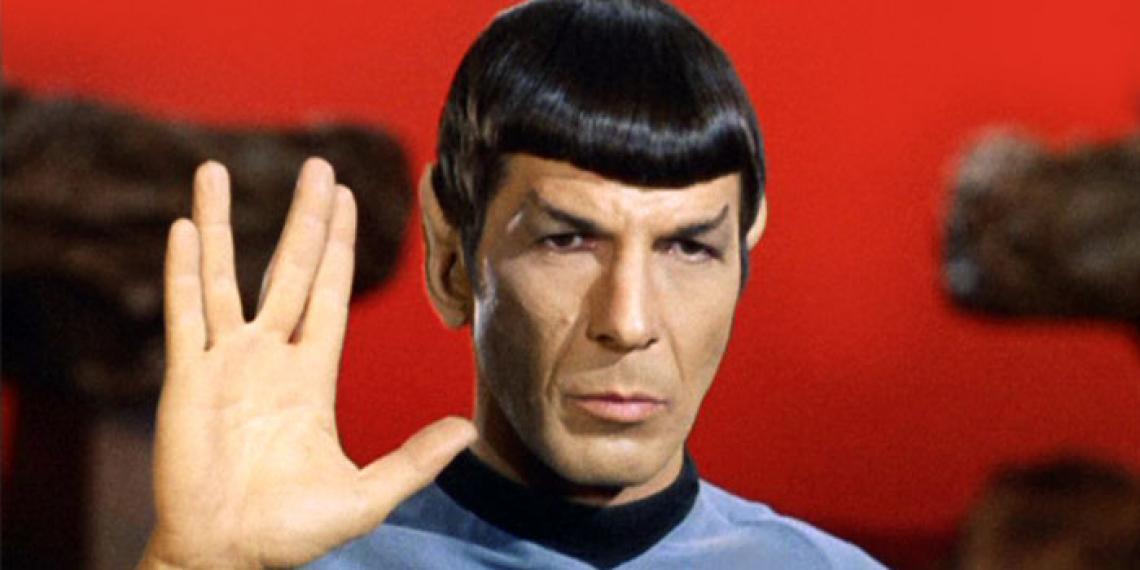You are here
What does Spock have to do with Easter?

The death last month of the actor Leonard Nimoy, who famously played the Star Trek character Spock, got us thinking here at the War Cry.
A few years ago a friend pestered me to watch the 1982 Star Trek movie Star Trek II: Wrath of Khan. I am definitely not a Trekkie, and I don’t like bad ’80s special effects. But even I found myself captivated by the final few scenes, apparently the most famous of Star Trek moments, where Spock enters the radiation filled engine room to repair the engine and save the crew, knowing this will kill him.
Spock has become part of popular culture, renowned for his pointy ears and lack of emotion. That lack of emotion was certainly how he started out as a character in Star Trek. At first Spock is an outsider among the crew of the Starship Enterprise. Although mostly human looking, as an alien from Vulcan, Spock has been trained to suppress all emotion and act on pure logic. Throughout the crew’s space adventures, Spock is always looking to the bigger picture and guiding the other characters through, while still remaining somewhat aloof and separate.
But over time, Spock was shown to be less and less emotionless. In fact, we learnt that Vulcans actually possess extremely strong emotions that they must try to control. Spock is constantly and courageously fighting for the right thing and is fiercely loyal to his friends. The moment where he gives up his life is perhaps the most Spock-like thing he’d done. He goes out of his way to say how logical this act is, but it is also clearly a highly emotional decision—to do the right thing for his friends.
Throughout the Old Testament, the ‘otherness’ of God is regularly described. Here is the being that created the universe and us. That’s amazing! If God really did make the universe then he is totally, awesomely, other.
In the Old Testament, God is depicted as somewhat Spock-like, sitting outside of time, but always acting for the greater good, the bigger plan, trying to fix the mess that we made of the world and our relationship with God.
Gradually, though, as we keep reading through the Bible, God is also revealed as deeply emotional and overflowing with love.
And finally, we see God stepped down among us as Jesus. We see God becoming human to heal the gap between us and him, accomplishing this through the ultimate sacrifice of Jesus’ death.
As Paul puts it in Philippians: [Jesus] had equal status with God, but didn’t think so much of himself that he had to cling to the advantages of that status … When the time came, he set aside the privileges of deity and took on the status of a slave, became human! Having become human, he stayed human. It was an incredibly humbling process. He didn’t claim special privileges. Instead, he lived a selfless, obedient life and then died a selfless, obedient death.
That is the amazing good news of Easter, that God was never satisfied with distance and detachment; he wants to get up close and personal and have a relationship with us. And he did that as Jesus.
by Robin Raymond (c) 'War Cry' magazine, 4 April 2015, pp3.
You can read 'War Cry' at your nearest Salvation Army church or centre, or subscribe through Salvationist Resources.